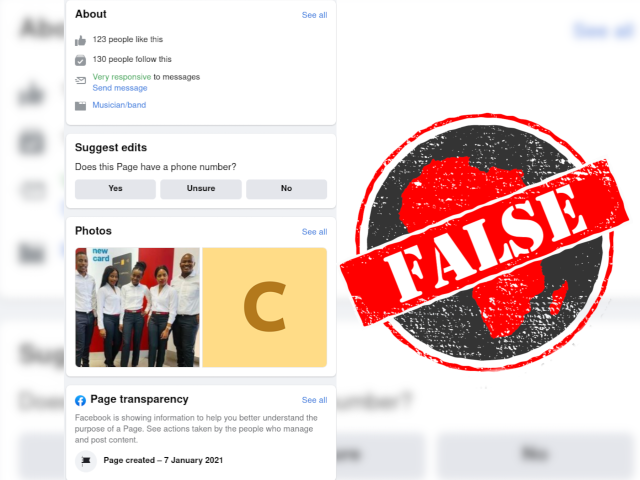IN SHORT: South Africa’s Department of Home Affairs has clarified that their approval of waiver applications are meant to allow Zimbabwe Exemption Permit holders in the country to apply for other visas.
A tweet circulating in South Africa in June 2023 claims that the country's home affairs minister, Dr Aaron Motsoaledi, is “giving jobs” to Zimbabweans whose exemption permits were set to expire.
“Just when ZEPs were set to expire and their holders preparing to go back home, Minister of Home Affairs, Aaron Motsoaledi has brought them back through the back door by signing Labour Certificate waivers that will keep them employed”, the tweet reads. It has been viewed over 110,000 times.
The same claim also appears here, while a similar iteration reads: “The minister is unlawfully giving Zimbabweans another opportunity to take South African jobs and destroy South Africa”.
This tweet calls the waivers for “now illegal Zimbabwean foreigners” unlawful and has been viewed over 230,000 times.
Zimbabwe Exemption Permits (ZEP) were first issued in 2009 by South Africa’s Department of Home Affairs (DHA). They allow Zimbabweans to live and work in the country under specific circumstances.
Since 2009, the permits have been renewed by the DHA on several occasions with another extension announcement made in June 2023. This extends the validity of the ZEP to December 2023.
But did Motsoaledi also sign unlawful "labour certificate waivers" that will keep "illegal Zimbabwean foreigners" employed as claimed?
We checked.

DHA provides clarity on waivers
In a tweet on 04 June, the DHA denied claims that Motsoaledi was “giving jobs to Zimbabweans”, calling them “fake news”.
Motsoaledi did not sign any labour certificates, the DHA said, but he did sign waivers that would allow ZEP holders to apply for regular permits.
“The waiver is not a permit,” the tweet says.
While ZEP holders are allowed to work in South Africa, they are encouraged to apply for other visas, including the general work visa. The ZEP is considered a temporary measure, intended to be in place until the economic situation in Zimbabwe improves.
ZEP holders have raised concerns around the strict application requirements of the general work visa.
In cases where ZEP holders do not meet all the requirements, they can submit a formal written request to the DHA to waive certain requirements. As per the Immigration Act 13 of 2022, the home affairs minister may then waive any requirement.
Waiver applications for thousands of Zimbabwean nationals had been approved, the department said on 07 June.
Claims that the approval of waiver applications is unlawful or done "through the back door" are therefore also false.
Republish our content for free
For publishers: what to do if your post is rated false
A fact-checker has rated your Facebook or Instagram post as “false”, “altered”, “partly false” or “missing context”. This could have serious consequences. What do you do?
Click on our guide for the steps you should follow.
Publishers guideAfrica Check teams up with Facebook
Africa Check is a partner in Meta's third-party fact-checking programme to help stop the spread of false information on social media.
The content we rate as “false” will be downgraded on Facebook and Instagram. This means fewer people will see it.
You can also help identify false information on Facebook. This guide explains how.



Add new comment